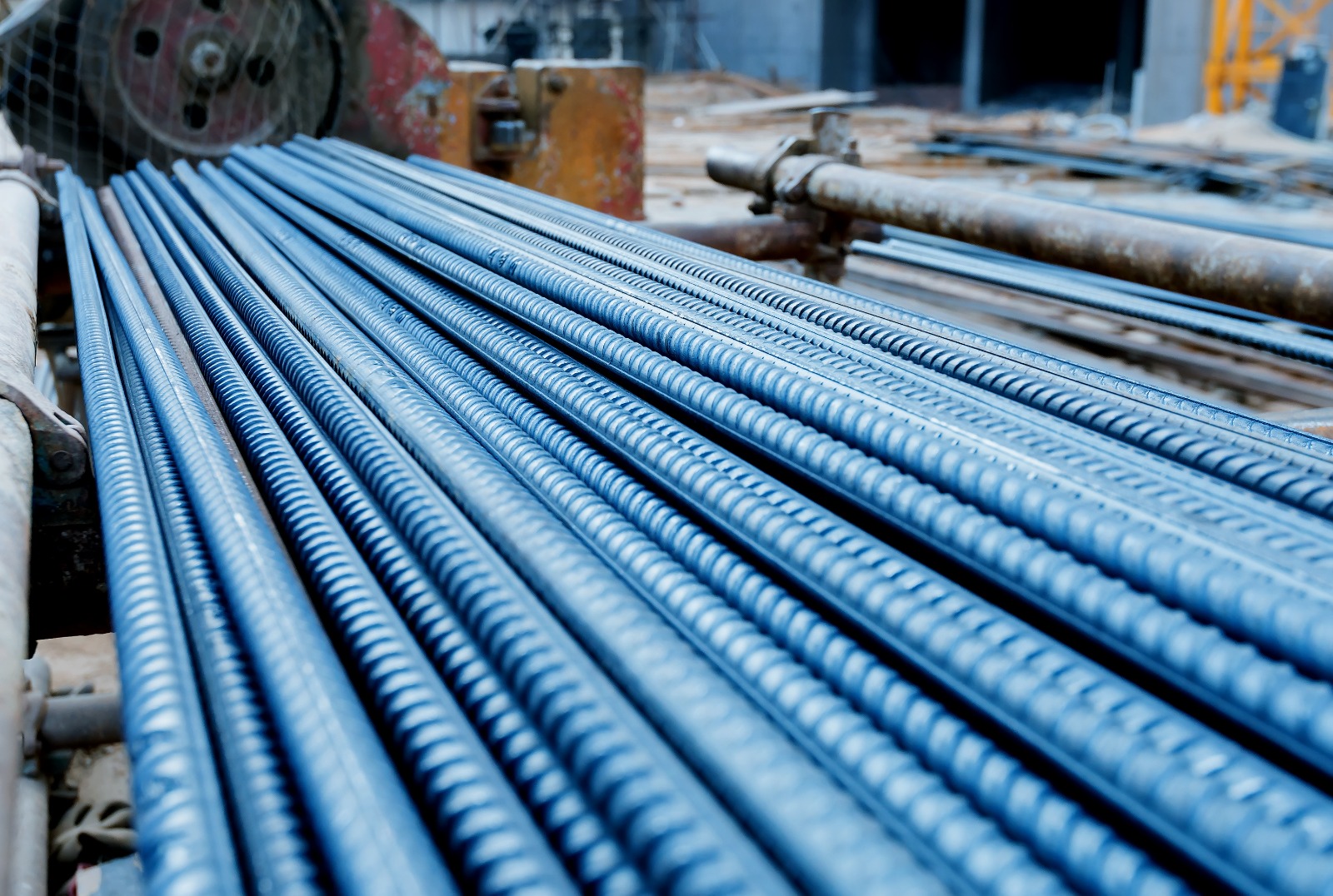 +971 2 551 0325, +971 50 441 5348
+971 2 551 0325, +971 50 441 5348
 glfsteel@emirates.net.ae
glfsteel@emirates.net.ae  +971 2 551 0325,+971 2 551 0098, +971 50 441 5348 (Only For Sales Enquiries)
+971 2 551 0325,+971 2 551 0098, +971 50 441 5348 (Only For Sales Enquiries) +971 2 551 0325, +971 50 441 5348
+971 2 551 0325, +971 50 441 5348
 glfsteel@emirates.net.ae
glfsteel@emirates.net.ae  +971 2 551 0325,+971 2 551 0098, +971 50 441 5348 (Only For Sales Enquiries)
+971 2 551 0325,+971 2 551 0098, +971 50 441 5348 (Only For Sales Enquiries)
The popularly used steel rebar in the construction industry is of utmost importance due to its several advantages. Typically, the sector requires myriad high-quality materials to ensure the safety, rigidity, and longevity of the structure in question. That is why steel rebars are the choice of so many due to their flexibility, adaptability, and tensile strength, which support building walls, floors, panels, foundations, and other aspects of the construction.
Click here to learn more about our reinforcement bars.
Steel rebars or reinforcement bars are among the most dependable materials, especially in structural applications. They are relatively prevalent in tube shapes and ribbed patterns designed for impact-proof construction.
Some of the main advantages of steel rebars are:
Structural Stability
One of the most evident benefits of the rebar is its outstanding ability to provide support to various structure types. You can easily accommodate them in panels, columns, bases, and other areas where the foundation is crucial. A single rebar may be combined with other rebars to create a robust support framework. Its distinctive design qualifies it for reinforcing strength, and the patterned exterior forms a strong bond with concrete. The integration allows the entire structure to stand firm and withstand numerous external stressors.
Resists Impact
Impacts on a structure can affect its appearance and functionality. You need materials that are combined with others to enhance the durability of the construction. The suitability of use is defined by guidelines that expressly determine that the structure should not be damaged even after experiencing a degree of impact. Using multiple frameworks of rebars alongside concrete can even make a structure earthquake-resistant due to the load-bearing capacity of the steel rebars.
Easily Assembled
Whether you are placing columns, foundations, drainage, or anything else, steel rebars can be easily transferred and set up at a location. Tying and welding techniques can also be performed at the construction site with minimal difficulty, thus saving valuable time.
Highly Ductile
Ductility simply means a material's ability to endure breakage. The term is frequently connected to structural materials, assessing their capacity to resist breaking even after they have deformed. Bare concrete has limited ductility and can be brittle when used alone, making it vulnerable to damage, especially with exposure to environmental factors. For instance, moisture enters concrete and widens gaps, which can lead to the physical degradation of the material. Steel rebars, thus, are commonly used in construction-based activities due to their malleable nature.
Environment-friendly
Rebars can be recycled and used multiple times without losing their core property. Even after demolishing a building, the rebars from the debris can be reused on another structure, significantly reducing costs and wastage.